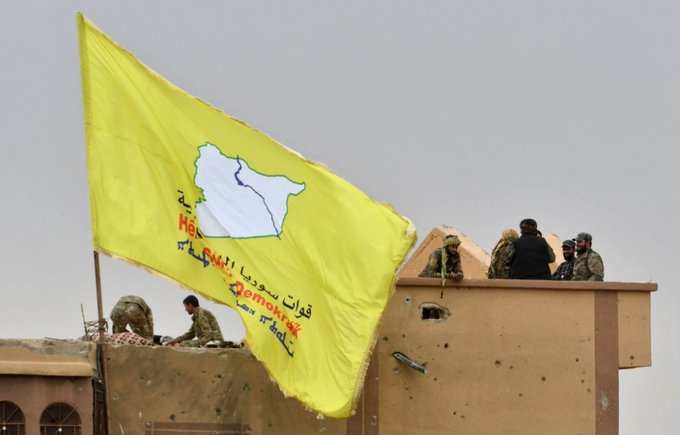Dialogue between Kurdish parties in Syria has returned to square one after US-backed talks failing to achieve any form of political consensus among the rivals of the largest ethnic minority in the war-torn country.
The US deputy Special Envoy to Syria, for his part, has called on rival Kurdish parties in the Levantine country to advance negotiations among each other so that a united front is formed, and a joint delegation can represent their communities at UN-sponsored Syria peace talks.
Ambassador David Brownstein underlined that Washington was ready to “facilitate the return to negotiations with the PYD (Democratic Union Party) and the KNC (Kurdish National Council).”
The diplomat went on to express his country’s commitment to helping facilitate equitable solutions so that the parties at odds with one another can move forward with a unified voice on the governance, economic, and development issues that are needed to ensure stability and a better future for Kurds in Syria.
Brownstein met with officials from both the KNC and the PYD and informed them of the US’ desire for the Kurdish parties to come together and join the Syrian opposition at international arenas.
“He conveyed to us the US administration’s keenness for the success of Kurdish talks, and for efforts to lead to a comprehensive administration that includes all components and parties in northeastern Syria,” KNC senior negotiator Suleiman Osso told Asharq Al-Awsat about Brownstein’s meetings with Kurdish officials.
Osso went on to add that uniting Kurdish parties is a steppingstone towards their later participation at international talks dedicated to finding a solution to the crisis in Syria.
Washington is seeking for a united Kurdish delegation to join Syria’s broadest opposition bloc, the High Negotiations Committee (HNC).
The HNC is an umbrella body which was created to represent the Syrian opposition in planned Geneva peace talks.
“Washington will likely reconsider its support for the current administration in northeastern Syria, if it is not able to be inclusive of all components of the region,” Osso warned about US policy for backing the Autonomous Administration of North and East Syria, also known as Rojava.
The Kurdish negotiator went on to say that the KNC did not set any preconditions for returning to talks, but highlighted that contentious issues remain unresolved.
The PYD and the KNC, which are considered the two major factions among Syrian Kurdish parties, renewed negotiations in November 2019 with the support of the US and the Syrian Democratic Forces (SDF).
The dialogue broke down in October 2020 but resumed with US backing in February.
So far, the Kurdish National Unity Parties (factions allied to the PYD), and the KNC have held separate meetings with US officials, but the failure of both sides to put their differences aside long enough to even sit down together continues.
By Kamal Sheikho
ASHARQ Al-AWSAT

